Worried about joining or starting a microschool or homeschooling? It’s certainly a big step, and with so many factors to consider, it can be scary!
We’ll address some of the biggest concerns that we hear from parents like you.

Do we have what it takes? Will my child have any friends?
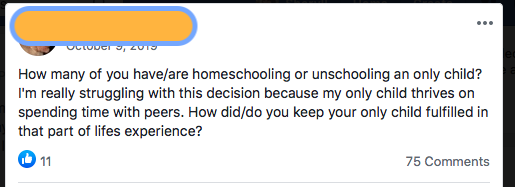
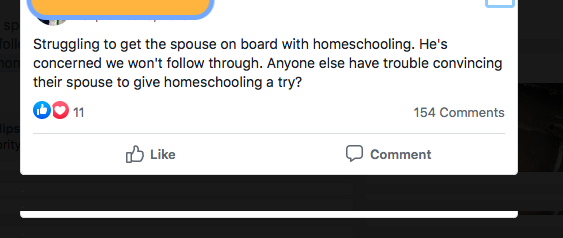
For most, this is a big decision which requires a major commitment. A parent’s commitment and love for their children is the driving factor to continue providing opportunities for them to learn at their own pace. One of the biggest insights we hear from people who do it successfully is that the love and trust in itself provides the most important ingredient to the child’s learning. Children are wired to learn, constantly, and will do so in any environment. So the “following through” is more of a commitment to providing a safe and loving space than it is to hiring the very best tutors and standing over your children to ensure they stay focused.
There are pros and cons to have more relationships outside the home. Many homeschooling parents report that children who are able to adjust well within the family then go on to have stronger social ties with their peers. They respond well to peer-pressure and other influences in the world.
This is an opportunity for the parent and child to build intimacy and trust as they learn from and with one another, and while they enjoy each other’s company. The bond formed through these years may be more likely to last throughout the lives of the parent and the children as they become adults. When your children encounter petty or serious problems in their teens, who’s counsel will they seek, yours or their peers?
Kids need peer relationships, but many traditional schools manage to both overwhelm and fall short in this area. There are 1000 other kids at school they could and will be influenced by, for better and worse, but they are also bound to their grade levels. How many of us who grew up in traditional schools knew everything about our classmates after 12 years, and next to nothing about the kids born in any other year? Having a handful of diverse friends, whose families you know and trust, is an ideal and attainable situation for homeschoolers and microschoolers.
How do I get my child to study even when I’m busy?
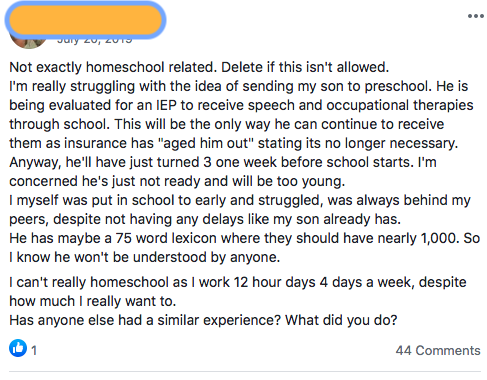
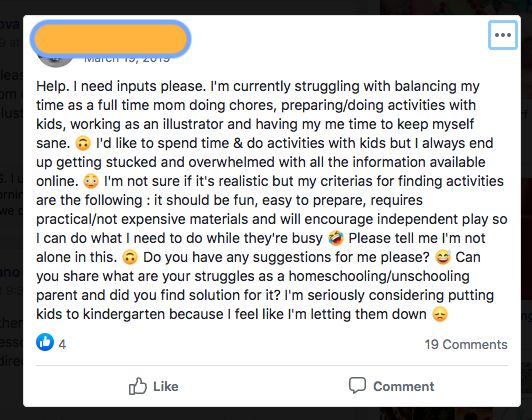
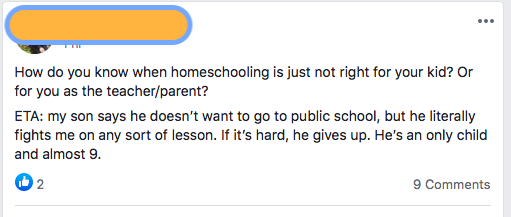
Parents, especially those without a partner, always have their hands full but can also be creative and efficient. For example, including the children in chores makes learning more fun, and is a real way to shorten the to-do list.
Micro schools and homeschools typically do not require students to be in class full-time or sit through a module fully prepared by the teacher. The child is much less likely to feel constricted, like they are being put in a box. This gives room for the parents to focus on the need of their children at their own pace.
Incorporating game time, chore time, me time, study time throughout the day may take more time to establish and negotiate, but as it becomes more seamless and familiar those boundaries will be more respected and just part of normal life. Involve them in the process that is enjoyable for both of you.
Regarding the curriculum, not every child thrives with the heavy reading and writing found in traditional schools. There are children who learn better from kinesthetic activities and others who prefer to sit and draw. The parent is in a much better position to learn and respond to their children’s needs, required for happy engagement.
How do I keep it cool?
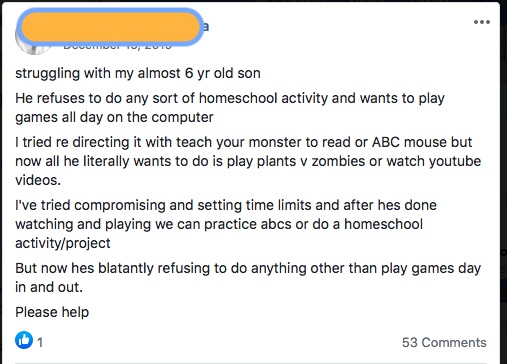
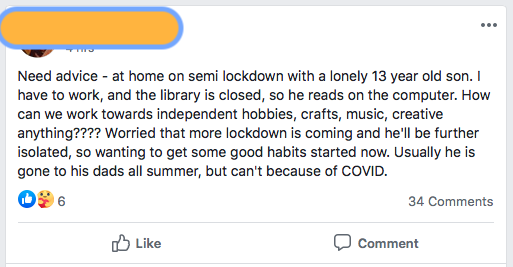
Being in the same space with your child during the developmental stage is the best — when you’re not stepping on each other’s toes or interfering with each other’s work. As wonderful as it can be to explore your children’s interests, pet peeves, desires, and skills, we all need a break sometimes. It’s essential to showing up at your best, and as a positive influence.
The best solution here may be the one right in front of you! It’s easy to see the digital gadgets as a curse, and we all agree children should not be raised by the television or tablet. But they can be used to enhance learning and make it more fun. Research shows that game play helps to exercise (and motivate) our mental muscles. Children are more motivated to learn from a game. The book How Gamification Shapes Learning points out that it also serves to remedy the boredom that so often leads to difficult learning experiences. Yes, the disturbing aspects of the internet and devices seem to be encroaching on our peaceful spaces more and more, but the software and apps for education are also getting better, and more fun, every year.
Making it all work…
Achievement, learning and growing, for you and your child, does not necessarily mean ticking something off a list. Instead, it’s about making the most of what you have—time, gadgets, skills and your relationship. The aim is to strengthen the connection and build the relationship as the ultimate safeguard against any threat or springboard to your child’s greatest ambitions.
If you want to explore more about homeschooling and micro schools, let us know. We’d love to hear from you. Contact us through https://thenewschools.com/contact-us/.
